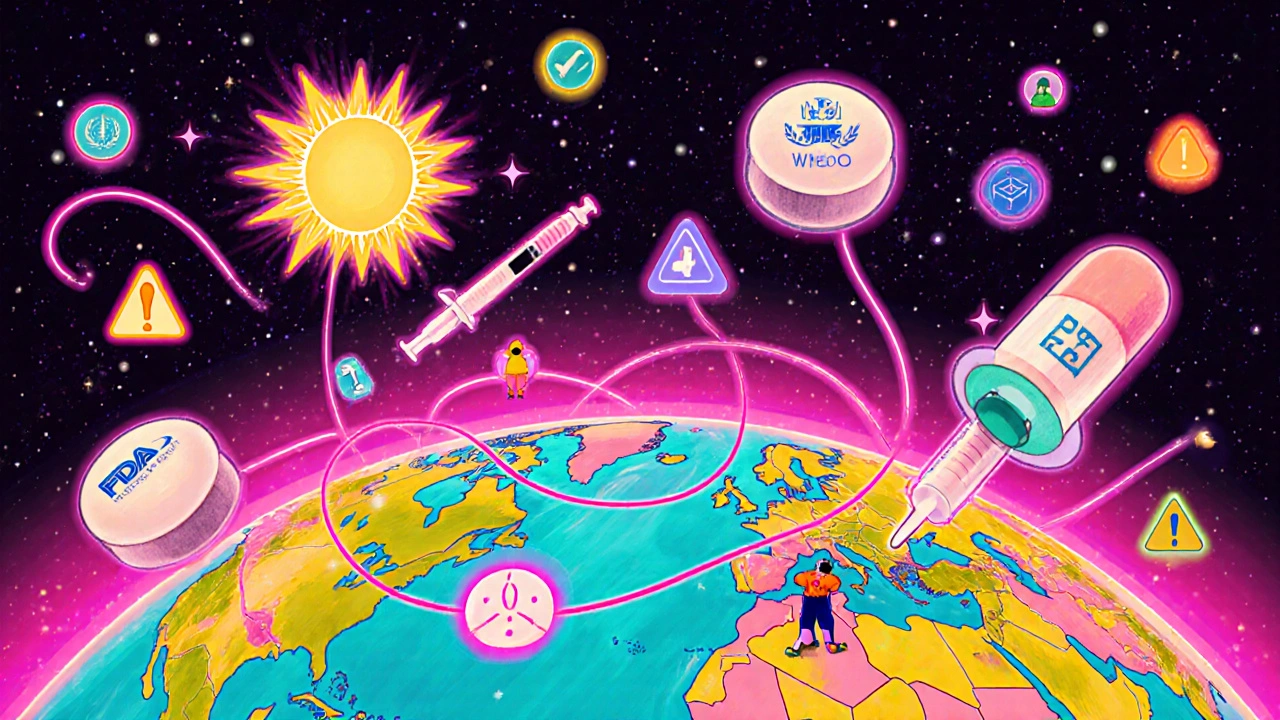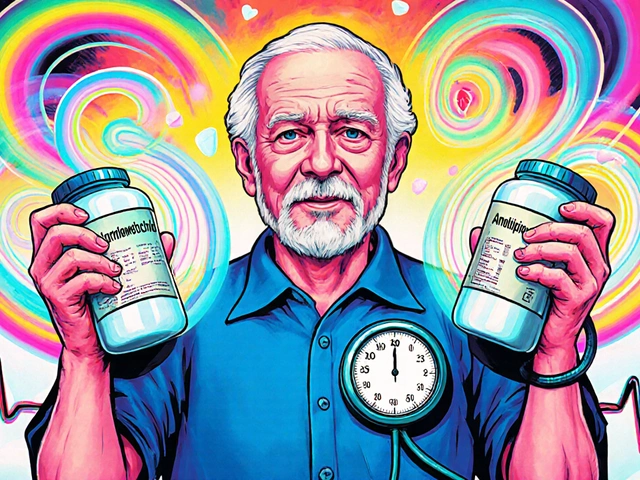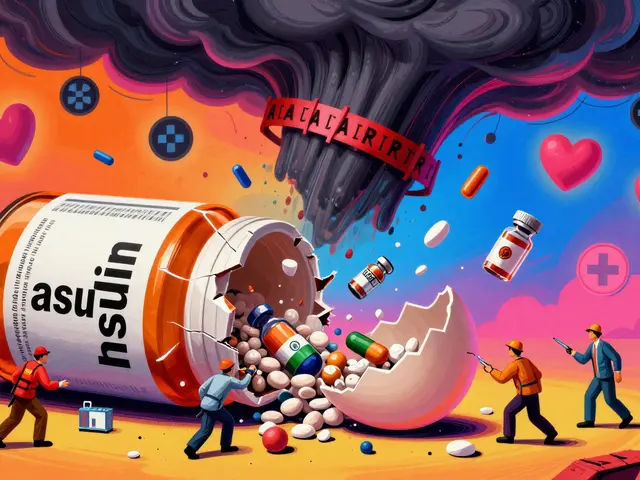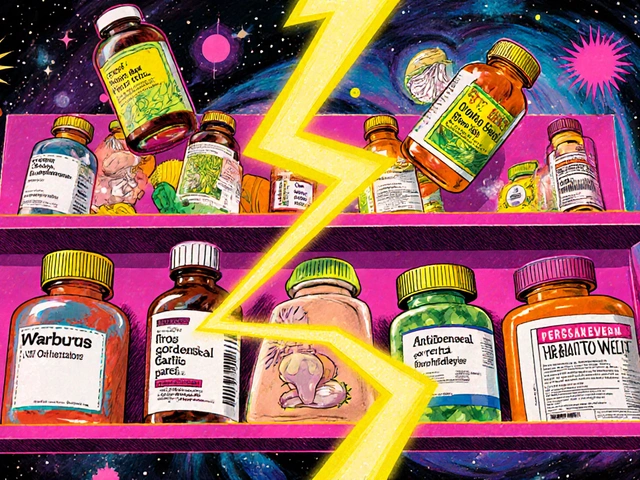Adverse Drug Reactions: What They Are, Why They Happen, and How to Stay Safe
When you take a medication, you expect it to help—not hurt. But adverse drug reactions, unintended and harmful responses to medications at normal doses. Also known as drug side effects, they can turn a life-saving treatment into a dangerous one. These aren’t just minor nuisances like a dry mouth or drowsiness. Some can cause kidney failure, liver damage, dangerous heart rhythms, or even death. And they’re far more common than most people realize. The FDA estimates that over 1.3 million emergency room visits each year in the U.S. are due to adverse drug reactions.
Not all reactions are the same. Some happen because your body can’t process the drug properly—thanks to your genes. pharmacogenomics, the study of how genes affect how your body responds to drugs. Also known as genetic drug testing, it’s helping doctors avoid prescribing statins like simvastatin to people who carry a high-risk variant of the SLCO1B1 gene, which can cause severe muscle damage. Others occur when you mix medications. drug interactions, when two or more substances change how each other works in your body. Also known as medication conflicts, they’re behind many of the worst outcomes, like when St. John’s Wort cancels out antidepressants or when Bactrim causes dangerous potassium spikes in people with kidney issues. Even natural supplements aren’t safe. Herbal products like ginkgo biloba or turmeric can interfere with blood thinners, anesthesia, or chemotherapy without you even knowing it.
Adverse drug reactions don’t just happen randomly. They’re often preventable. That’s why systems like MedWatch exist—to let patients and doctors report unexpected side effects so the FDA can spot patterns and warn others. Pharmacists use tools to catch duplicate prescriptions or early refills before they cause harm. And for people on powerful drugs like acitretin or carbimazole, knowing what infections or thyroid issues to watch for can mean the difference between recovery and crisis.
What you’ll find below isn’t just a list of articles. It’s a practical toolkit. From how to report a dangerous reaction to why your muscle pain on statins might be genetic, from herbal traps to how to safely manage side effects while staying active—each post breaks down real risks and real solutions. No theory. No fluff. Just what you need to take control of your meds and stay safe.
How to Stay Informed about Global Medication Safety News
Learn how to track global medication safety news through official sources like WHO, FDA, and UMC. Discover reporting tools, campaigns like #MedSafetyWeek, and steps to protect yourself and others from drug-related harm.






